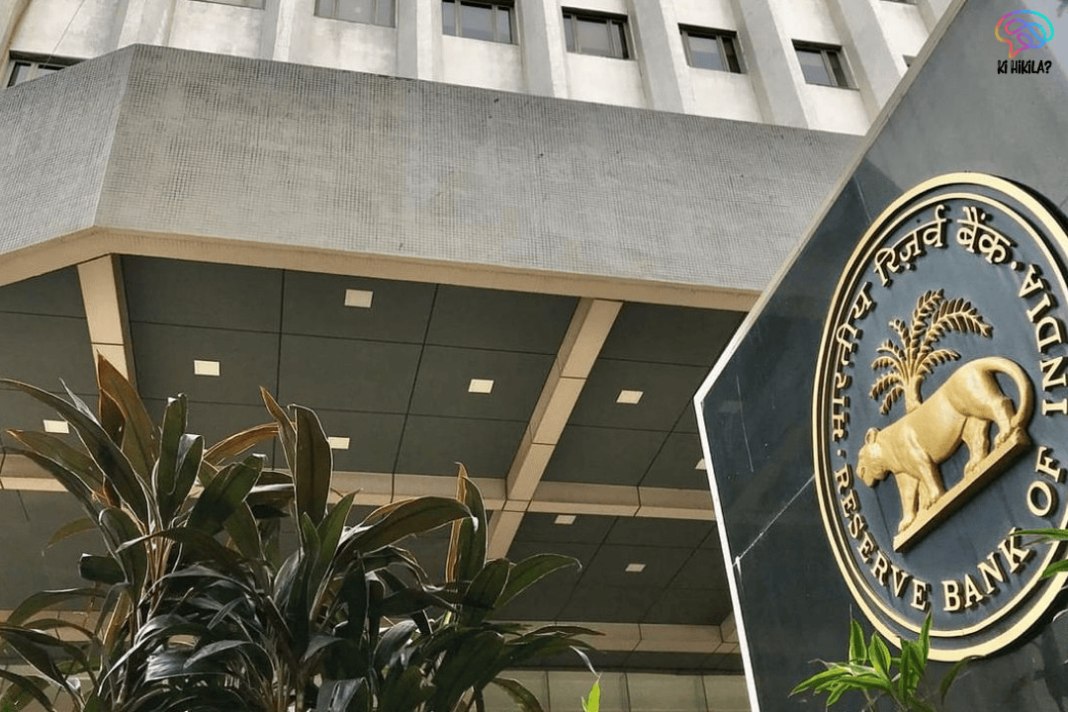RBI Treasury Bill SIP – In August 2025, the Reserve Bank of India (RBI) rolled out two major features on its Retail Direct platform: the Systematic Investment Plan (SIP) for Treasury Bills (T-Bills) and an auto-bidding facility. These innovations aim to make investing in government securities easier, more systematic, and more accessible to individual investors. By opening the door to short-term government debt instruments for retail participants, the RBI is encouraging disciplined savings and improving liquidity in the government securities market.
Understanding Treasury Bills (T-Bills)
T-Bills are short-term debt instruments issued by the Government of India to meet temporary funding requirements. They come in four maturity options — 14, 91, 182, and 364 days — and are sold at a discount to their face value. Upon maturity, investors receive the full face value, and the difference between the purchase price and maturity value represents their earnings.
Backed by the government, T-Bills are among the safest fixed-income investments. They are especially appealing to risk-averse investors seeking better returns than a typical savings account, without taking on equity market volatility.
RBI Retail Direct Platform – A Game Changer

The RBI Retail Direct platform, launched in 2021, allows individual investors to participate in the government securities market without the need for intermediaries. It enables:
- Opening and managing Gilt Accounts
- Participation in primary auctions of government securities
- Trading in the secondary market
- Access to products like Sovereign Gold Bonds and Floating Rate Savings Bonds
The introduction of SIP and auto-bidding for T-Bills represents the next phase in making G-Secs more user-friendly for the retail segment.
Systematic Investment Plan (SIP) in T-Bills
The SIP feature allows investors to invest small amounts in T-Bills at regular intervals, rather than making lump-sum investments.
Advantages of SIP in T-Bills:
- Encourages disciplined savings
- Helps meet short- to medium-term goals
- Enables capital rotation, as matured T-Bills can be reinvested in new ones
- Makes T-Bill investing accessible even to those with limited surplus funds
For example, instead of investing ₹1 lakh at once, an investor can choose to invest ₹10,000 every month in different T-Bill maturities, creating a laddered portfolio that ensures regular maturities and reinvestment opportunities.
Auto-Bidding Facility for T-Bills
The auto-bidding feature simplifies participation in T-Bill auctions by automating the bid placement process. Investors can set preferences such as:
- Investment amount
- Tenor (14, 91, 182, or 364 days)
- Frequency of participation
- Duration for which the setting remains valid
Payments are processed through the National Automated Clearing House (NACH), ensuring smooth and timely transactions without manual intervention.
Benefits and Challenges of RBI Treasury Bill SIP
Benefits:
- Safety: Government-backed, low-risk investment option
- Accessibility: Small-ticket investment options through SIP
- Convenience: Auto-bidding eliminates manual auction participation
- Better returns than savings accounts: Especially attractive for idle short-term funds
Challenges:
- Liquidity: T-Bills are generally held until maturity; finding buyers in the secondary market can be difficult
- Fixed horizon: Not suitable for investors needing quick access to funds
- Limited capital appreciation: Returns are fixed, unlike equities
Potential Impact on Markets – RBI Treasury Bill SIP

By making T-Bills accessible to retail investors, the RBI aims to:
- Reduce reliance on large institutional buyers
- Improve liquidity in the short-term debt market
- Strengthen price discovery mechanisms
- Encourage households to shift from idle bank deposits to productive investments
If adopted widely, this initiative could deepen retail participation in government securities, making India’s debt markets more robust and diversified.
Conclusion
The RBI Treasury Bill SIP and auto-bidding facilities represent a strategic push to democratise access to secure, short-term government investments. While they may not suit investors seeking high returns or immediate liquidity, they are an excellent choice for those prioritising safety, predictability, and disciplined savings. Over time, these features could reshape the retail investment landscape for government securities in India.



